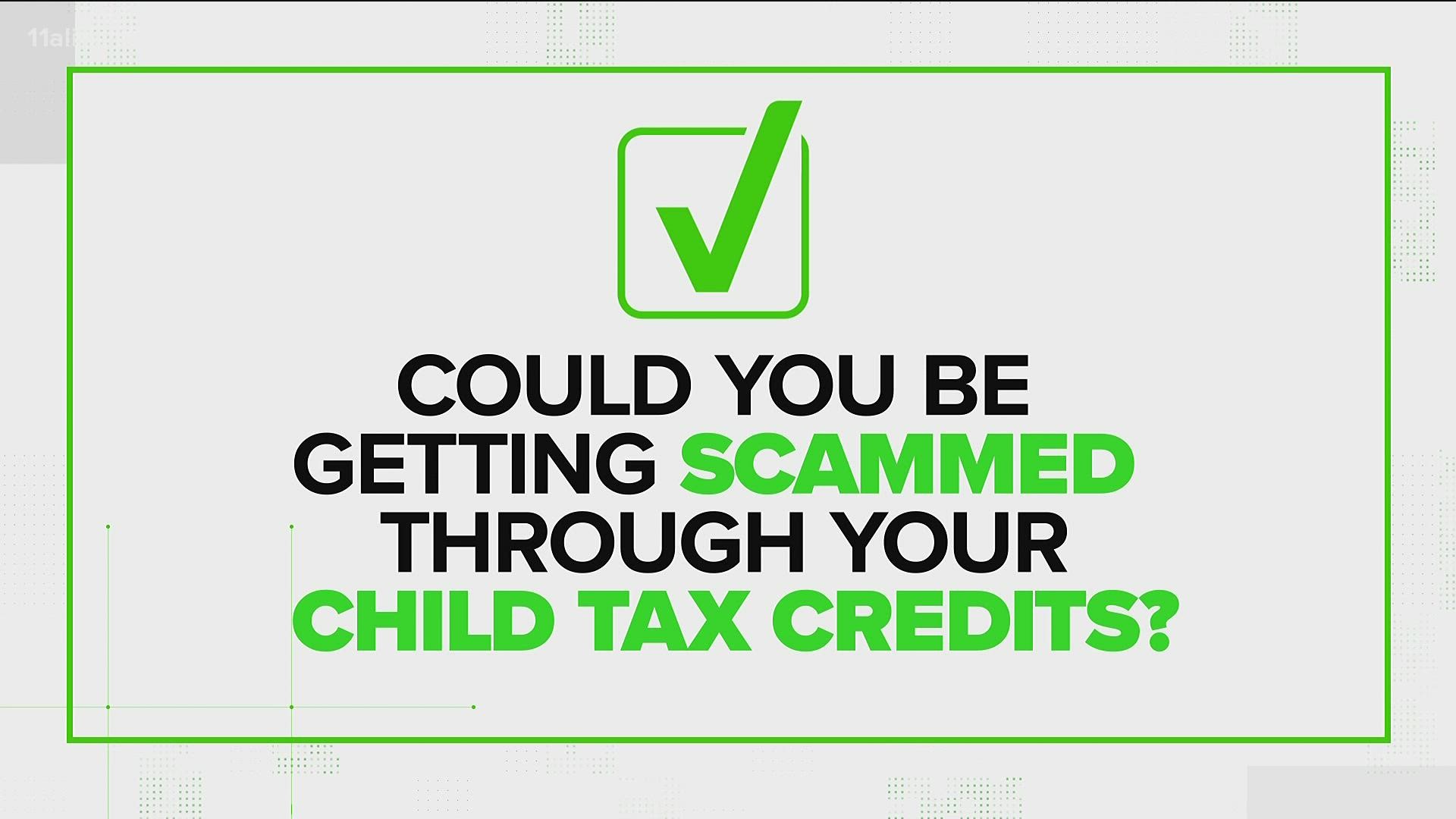The monthly advance child tax credit payment for December -- the sixth and final one of the year -- comes Wednesday to millions of Americans. Previous payments from the IRS have totaled around $15 billion each month, but this one could be larger because some families may be getting all six months of payments at once.
However, a relative few won't be getting the full $250 or $300 per child that most others will. It goes back to what was described as a "technical issue" with the September payment. This caused about 2% of child tax credit recipients to not only get payments late but also to get a little too much money.
One of the issues, the IRS said, was with parents who filed their 2020 taxes jointly — the basis of which determines how much money each family gets. If the parents wanted to opt out of a monthly payment or change their banking or address information, then both parents had to apply for that change. If only one made a change, only half the money was affected.
"In some of these cases, the split payment caused a delay in making payments, and further caused individuals to receive slightly more than the correct payment in September," the IRS said in a statement. Rather than making people pay it back, the IRS instead chose to reduce the remaining payments for 2021.
The IRS said the typical September overpayment was $31.25 per child between 6 and 17 years old and $37.50 for each child under the age of 6. That meant the October, November and December payments for affected parents would be reduced by $10-to-$13 per child. Affected parents should have received letters explaining what happened.
The total credit is $3,600 annually for children under age 6 and $3,000 for children ages 6 to 17, with an income cap of $150,000 for couples who file jointly. Eligible families who did not opt out receive $300 monthly for each child under 6 and $250 per older child, which explains the differences in the overpayments based on age.

